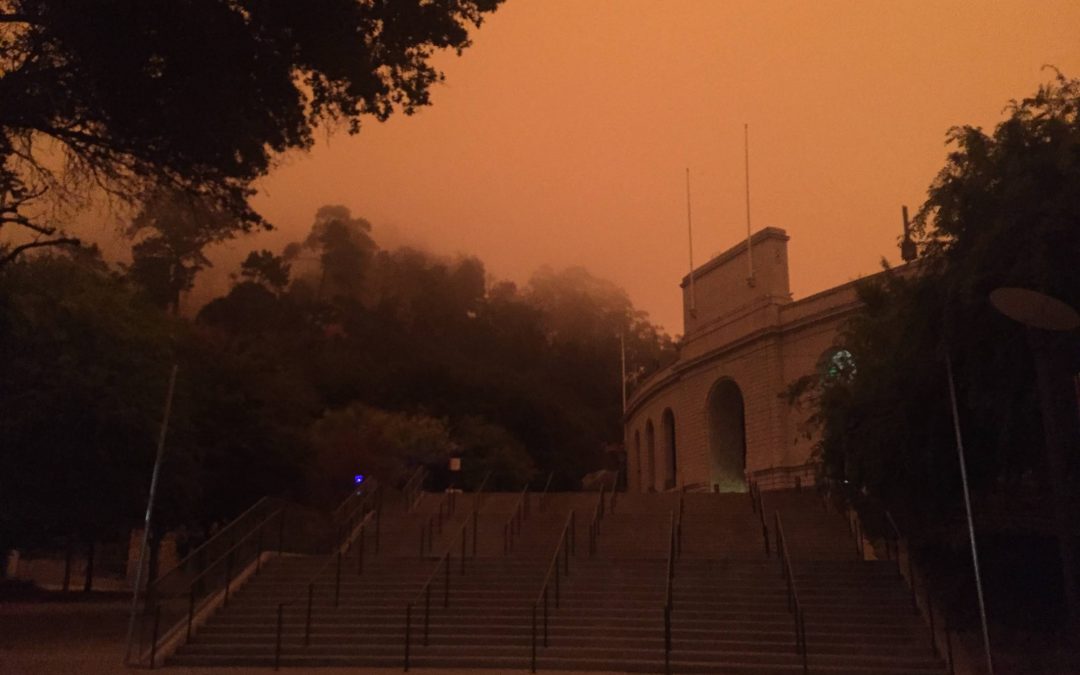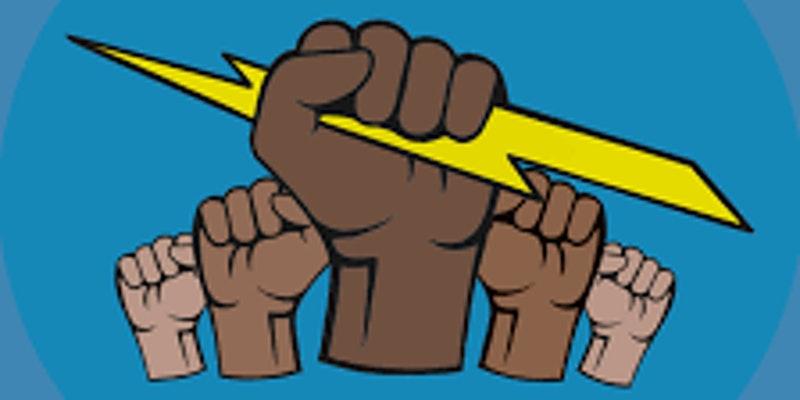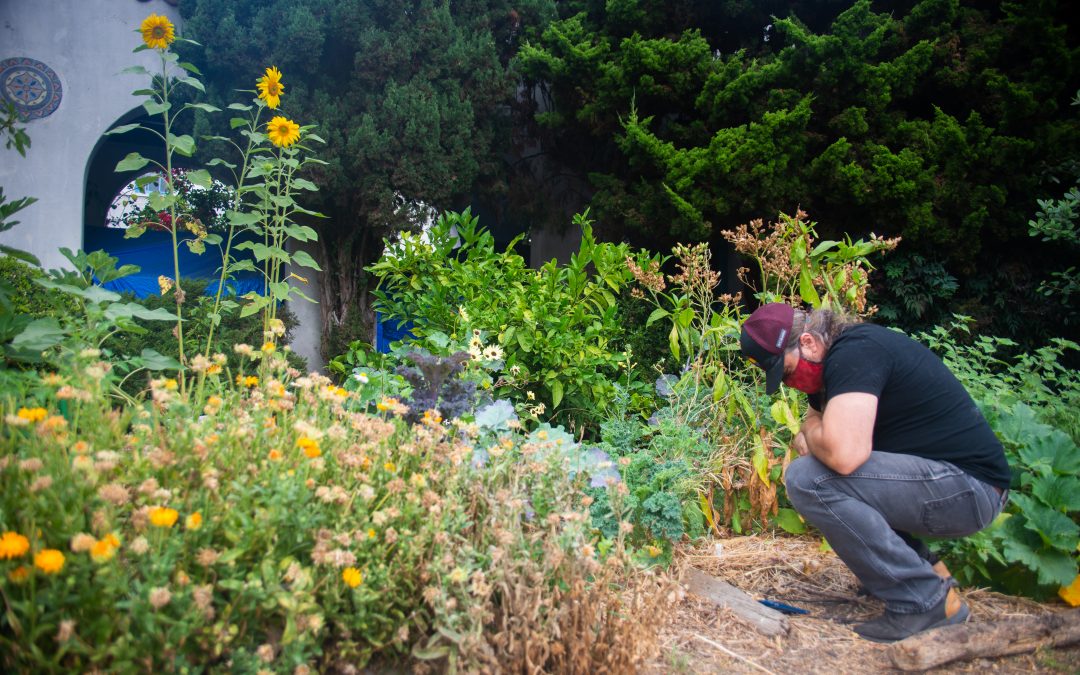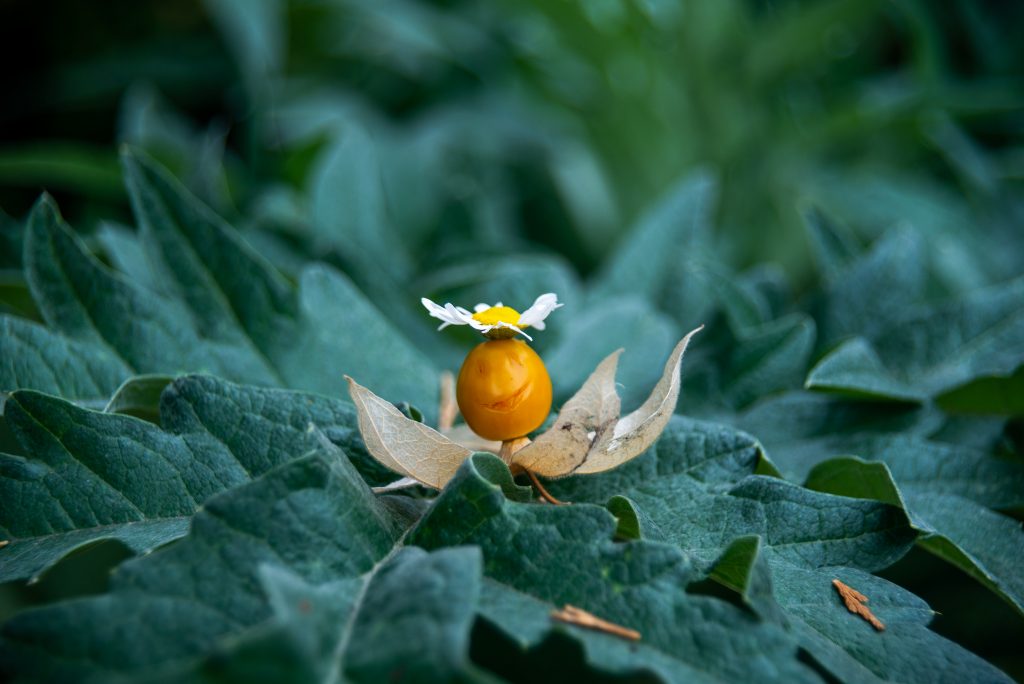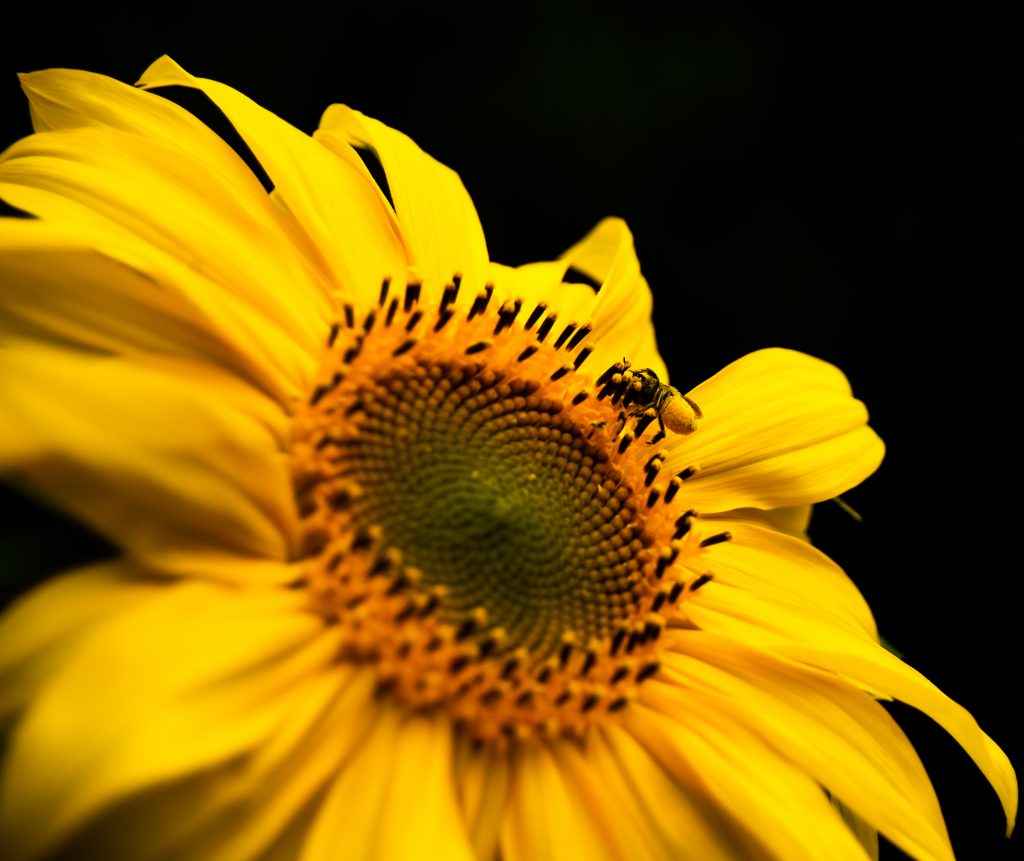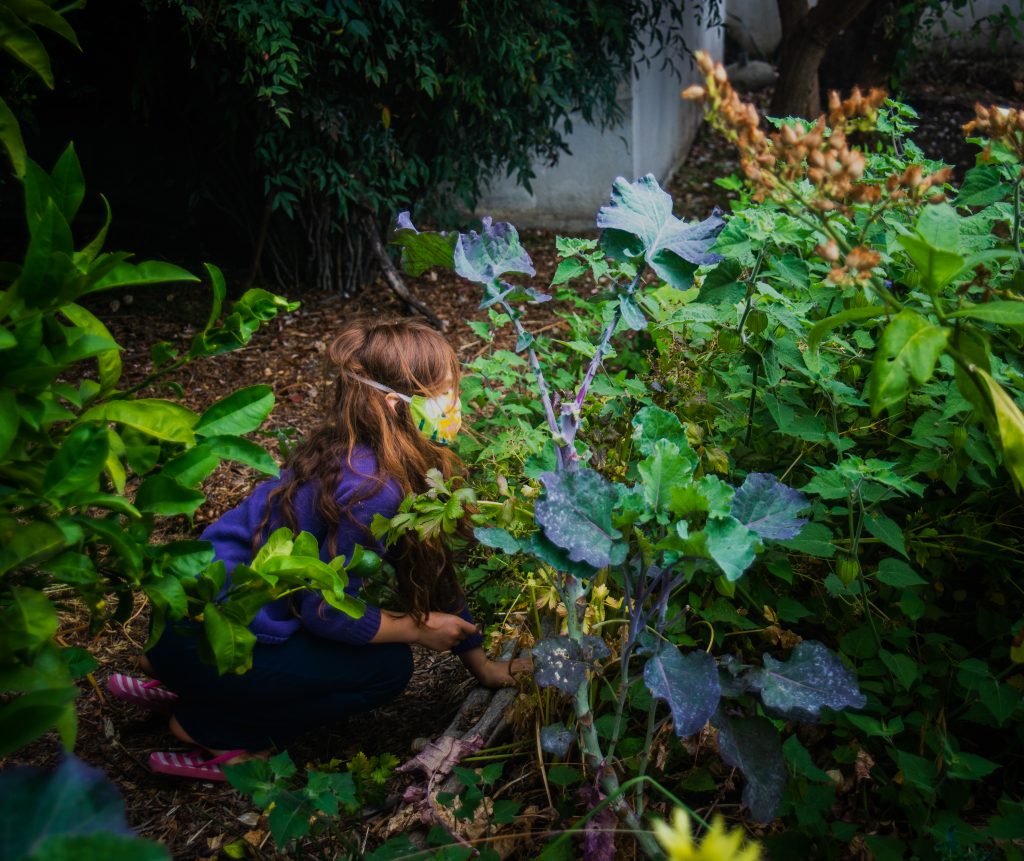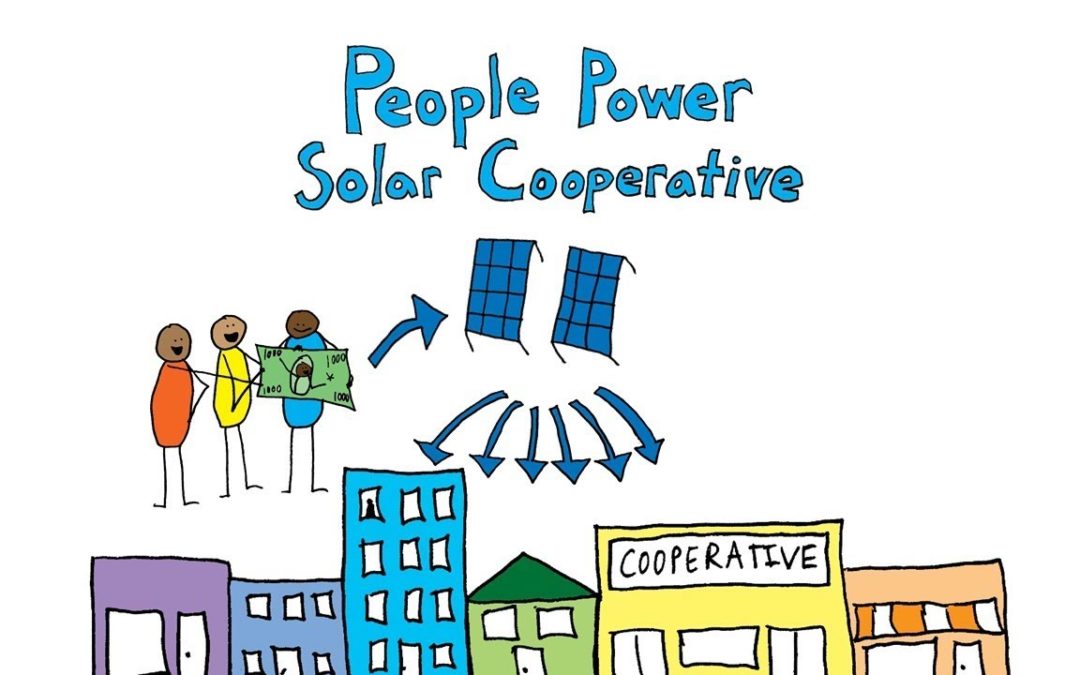
Building a Resilient Community: Community Backup Power Project at People Power Solar Cooperative
Energy is an integral part of our survival. Without energy, we wouldn’t be able to cook for our families, keep our homes warm during the harshest Winter months, or even jump into the air with joy. We live in a culture dominated by the consumption of fossil fuels as our primary source of energy, in turn leaving a hefty price tag for energy consumers.
People Power Solar Cooperative, a community-led nonprofit and collaborator with NorCal Resilience Network, places inclusiveness, equity, and accessible clean energy at the center of their work culture. Crystal Huang, founder of People Power, brought community members together in an effort to address the question “How do we put power back into the hands of the people?”, ultimately inspiring the team to design the Community Backup Power project.
The project aims to provide a backup source of energy for households in need of electricity during power outages. When in need of power, individuals can contact People Power and members of the team will work together to deliver a fully-charged battery that is ready to use. The project introduces an alternative power source that is readily available for households struggling during an emergency outage, upholding the Cooperative’s mission to approach social justice issues with an inclusive, community-led and owned support system.
“Energy is your relationship with the world. One of the biggest challenges is encouraging people to repair that relationship.”
Crystal Huang, Founder of People Power Solar Cooperative
The project is a great opportunity to invest in improving disaster preparedness and in-home resiliency in our communities. Minority communities are hit the hardest by volatile energy prices and unreliability of the grid, meaning that when the power unexpectedly goes out, these households are unequally left with both adverse impacts on health and financial consequences. This ultimately hinders their ability to access energy as a basic need for survival. The Cooperative’s backup power project invites individuals to consider the reality of the injustices low-income families must face on a daily basis, and how individuals can work together to collectively bring about change.
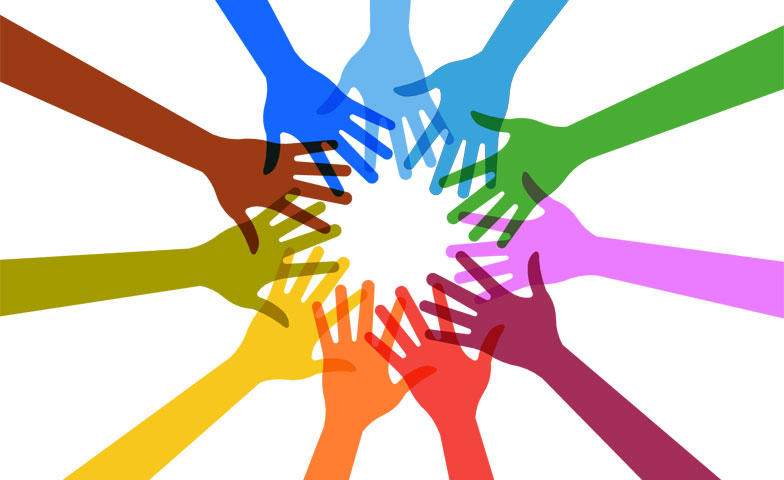
In addition, strengthening “Energy Democracy” is a priority for the Cooperative, meaning that power is redistributed back to the people through a renewable and just transition. If society collectively continues to engage in and educate others on the importance of community-led solutions, then we can actively apply these realized concepts to bringing about a positive change for vulnerable communities.
“People are solving problems in default mode, and applying these problems to a system of markets. Markets don’t care about people, groups or individuals.”
Kansas Heaney, Engineer and Member of People Power Solar Cooperative
Kansas Heaney explains the importance of setting up a community-led work dynamic when the project was in its first stages of development. Ensuring that community members and team members in the Cooperative maintain a sense of ownership is an integral part of the project’s mission, meaning that the key decision making is left to the people, rather than the market economy. The Cooperative develops inclusive solutions that empower the people, rather than solving problems for a market system that relies on a fossil fuel economy.
In addition, the Cooperative also received a Community Innovation Grant that will allow them to analyze and participate in East Bay Energy’s Resilient Home Program, which aims to strengthen families in the household and improve the standard of living in underserved communities. People Power also has future plans to implement projects in East Oakland, collaborating with local leaders and organizations to provide legal and technical support for solar development in the area. Ingleside Community Power also partners with the Cooperative, and the organizations are currently in the early stages of developing a new model for empowering community solar ownership.
For more information about the Cooperative and the Community Backup Power project, please visit https://www.peoplepowersolar.org/. If you would like to join the movement for equity and clean energy, please visit https://www.peoplepowersolar.org/get-involved.
